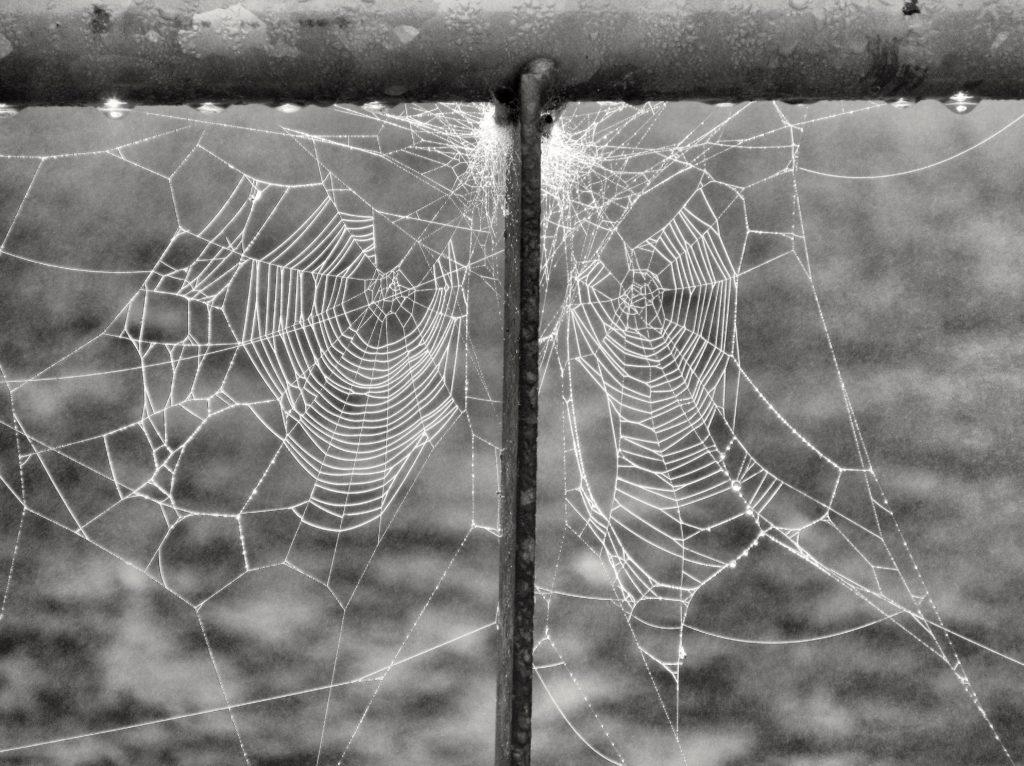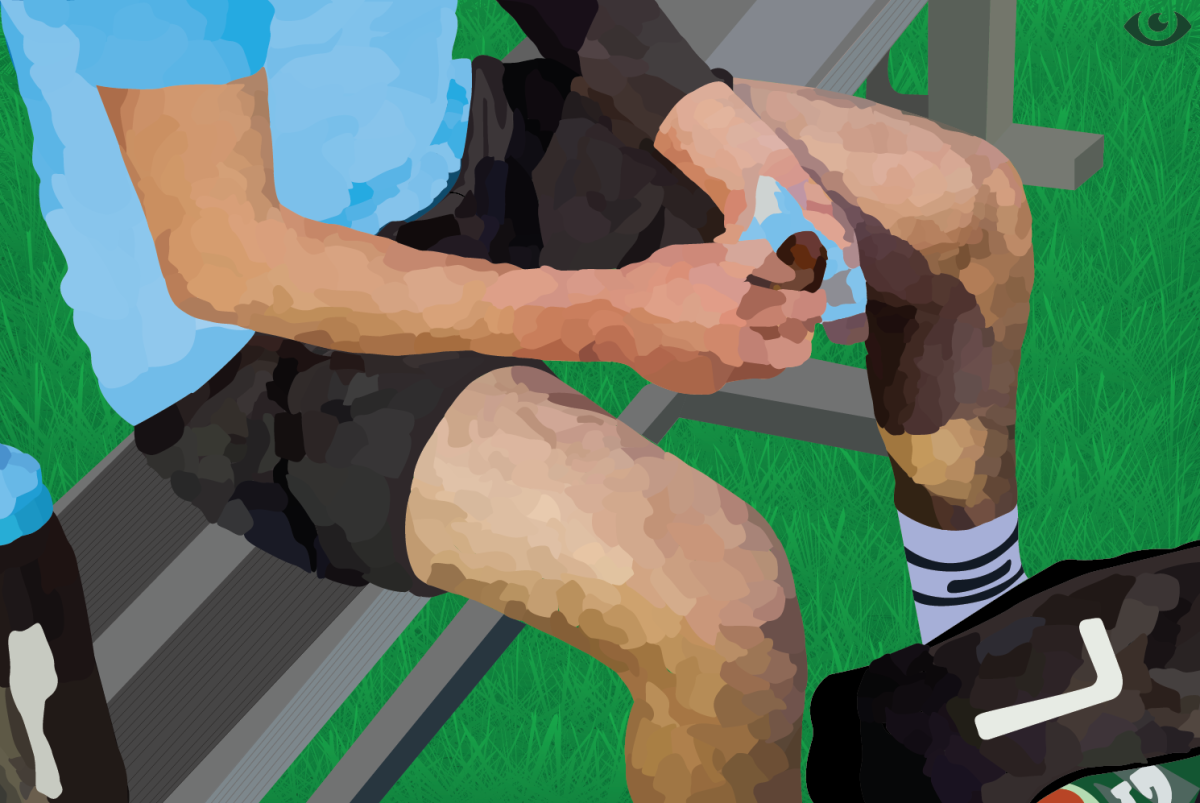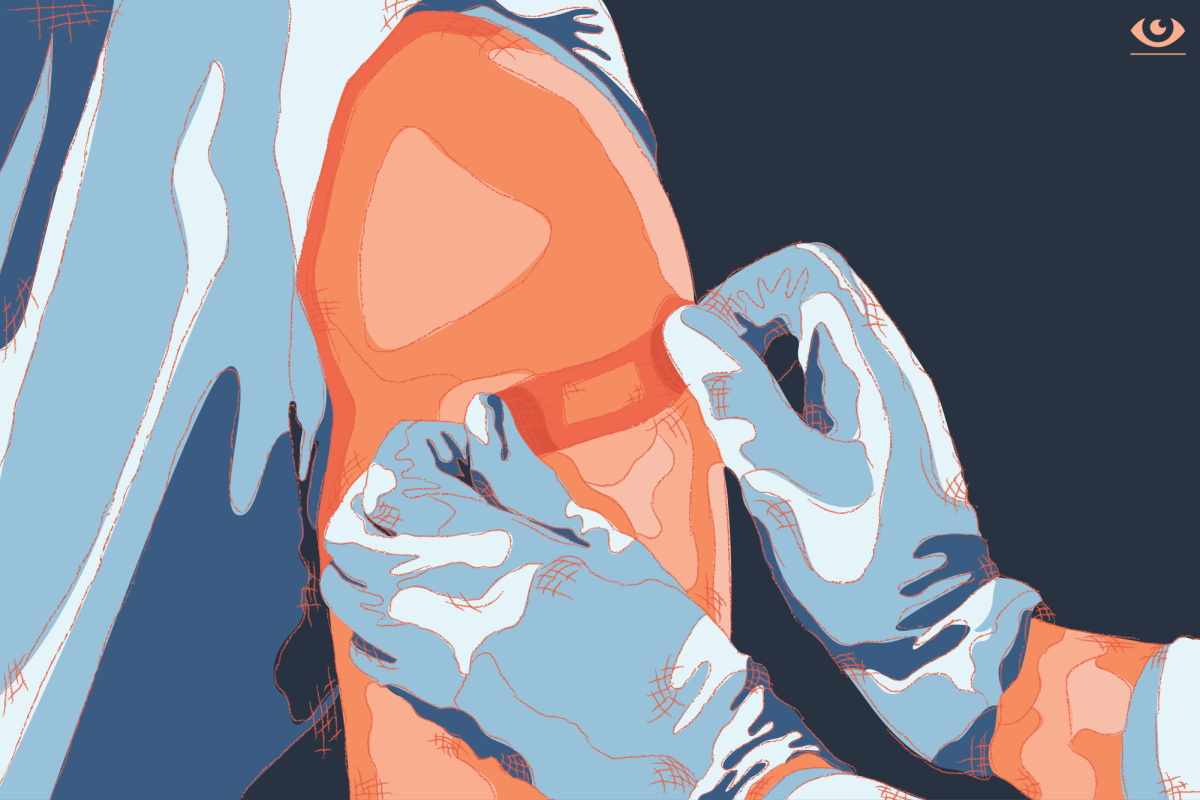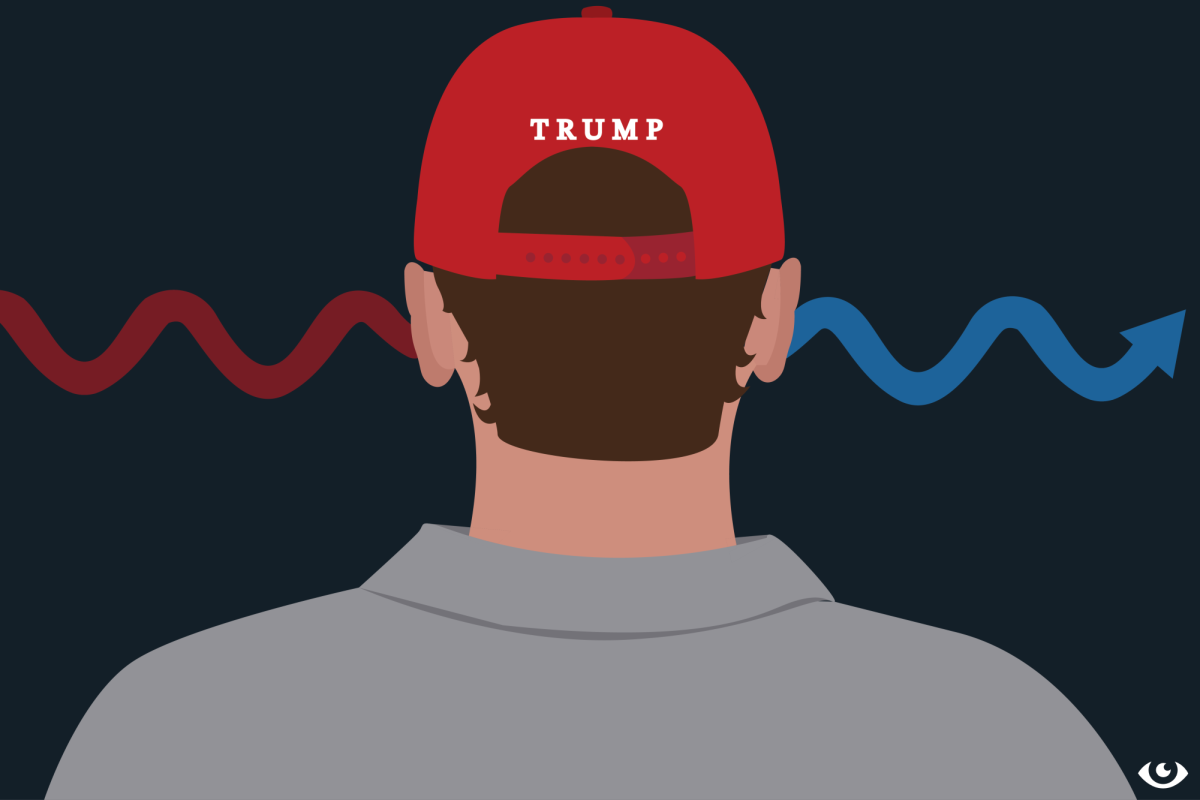Fear is something everyone possesses. It scopes from big to small, and no matter how strong someone seems, everyone is afraid of something.
These can be regular fears, like getting scared when you see a spider or getting a little shaky when you ride a roller coaster. However, it can sometimes get to the point where the fear takes over your thoughts and it puts you in a constant state of paranoia and anxiety. It could be the littlest thing that sets off a whirlwind of thoughts and then you can find yourself avoiding places and situations in fear of a trigger.
While fear is a normal thing, if it escalates to the point where it dramatically affects your daily life, that fear turns into a phobia.
A phobia takes a simple fear and turns it into something completely irrational. For example, if you were afraid of insects, you may jump at the sight of a bee or centipede. In contrast, if you had entomophobia, or a phobia of insects, seeing this bee or centipede might alter your breathing and trigger a panic attack over just a glance. You may find yourself on edge wherever you go and try to avoid certain places you might even have the slightest chance in seeing an insect.
A common response to someone with a phobia is that they are overreacting. It can be hard for someone to understand if they haven’t personally dealt with such a heightened fear. However, someone aware they have a phobia knows they’re being irrational: they just can’t control it. Telling someone they are overreacting can make the situation worse because the person is entirely aware of this and are unable to doing anything about it which, could make them panic even more.
Even though phobias are one of the most common mental illnesses with over 19 million suffering in the United States, a person with this mental illness may still feel alone mainly due to the fact that almost any object or situation can be classified into a phobia. Not only do phobias take regular fears and make them even worse, they can take a normal part of your everyday life and make you scared of it. Phobias such as alblutophobia, fear of bathing, podophobia, fear of feet, and even aurophobia, fear of finding gold, are a few examples.
There is no definite cause as to why someone has a phobia which is even more reason not to blame them for something they can’t control. While some can come from a traumatic event dealing with the object or situation, others are purely accidental or deal with genetics.
It is important to realize no matter how obscure or irrational these fears seem to us, we can’t judge or make fun of someone for it. Having a phobia is a real mental illness that cannot be controlled and no one deserves to to belittled because of something they can’t control themselves. We can never know the personal reasons or causes behind it and can’t assume it isn’t as serious as it is.
Just like any other mental illness, it can’t be cured overnight. So while you may feel the need to just help them “face their fears,” it doesn’t necessarily work that way. Regular fear and phobias are on completely different levels. Phobias come with the constant anxiety, paranoia and panic with just the thought of it. The better option is that if you want to help, you should ease them into the situations and not help them do something they’re not ready for. This can often make the situation worse and just heighten the phobia even more.
So as Halloween approaches, embrace and enjoy your scaring and fears, but be conscious of the people who can’t.
Featured Image Citation: “The gate has eyes” by Kate Russell on Flickr. Licensed under CC BY 2.0. No changes were made to the original image. Use of image does not indicate photographer endorsement of the article. For the full license, click here.














